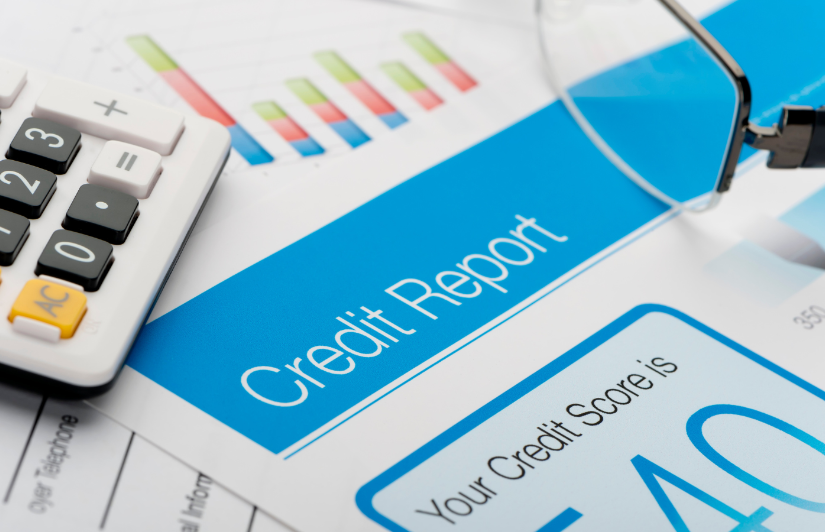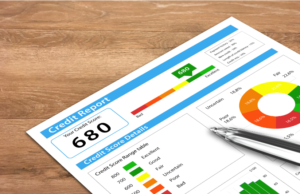
Understanding Credit Bureaus and the Crucial Role They Play
Our credit scores play an essential role in our financial lives. Understanding what factors influence our credit score and who creates our credit reports is vital to improving our credit scores.
For many of us, our credit scores influence our ability to access loans, mortgages, open credit cards and even impact the jobs we get or the homes we rent. If you’ve gone through financial hardship, such as filing for a consumer proposal or bankruptcy, you are likely working on improving your credit score to help you get back on track with your financial goals.
In Canada, we have two major credit bureaus, Equifax and TransUnion. Both credit bureaus offer similar services for lenders and consumers – they compile financial information, calculate a credit score, and provide a credit report.
It is essential to understand the role credit bureaus play in our financial lives so that we can help ensure that our credit scores are accurate. Let’s take a closer look at credit bureaus, how they collect and report information about your credit and their role in our financial lives.
What are credit bureaus, and what do they do?
Credit bureaus are organizations that collect and maintain information on our credit history. The data used to generate our credit score helps lenders decide whether to give us a loan and at what interest rate.
Each of these organizations keeps track of our credit history and produces a credit report. The credit report includes:
- personal information
- credit score
- list of active loan and credit accounts
- credit inquiries on your account
- public records and other information
Your credit score is probably the part of the credit report you pay the most attention. It allows lenders and creditors to decide whether to give you a loan.
How do credit bureaus get their information?

Credit bureaus collect information from various sources, including financial institutions and government agencies, to create a comprehensive credit report.
This report includes your credit history, outstanding debt, and payment history. Credit bureaus use this information to generate your credit score, which is a number that represents your creditworthiness.
Equifax and TransUnion both collect data from a variety of places. Typically, creditors and lenders submit information about your accounts to the main credit bureaus. Some lenders may only send it to one or the other. As a result, your credit reports from the two credit bureaus may differ.
How do credit bureaus calculate credit scores?
Credit bureaus and other entities use many different credit scoring models to develop a credit score. Each credit bureau has a slightly different calculation. Your credit score with Equifax vs. TransUnion may differ, even if all of your creditors report to both credit bureaus.
Generally speaking, credit bureaus use several factors to calculate your credit score, including:
- payment history
- credit utilization
- types of credit accounts
- length of credit history
- new credit inquiries
- public records
Here is a breakdown of how the various factors affect your credit scores.
Payment History
Making payments on time or your payment history is essential to your credit score. It accounts for 35% of your score. Creditors want to see that you’re a responsible borrower who makes on-time payments.
Credit Utilization
Credit utilization, or the amount of credit you’re using compared to your credit limit, is another critical factor in your credit score. It accounts for 30% of your score. Creditors want to see that you’re not maxing out your credit cards and using a reasonable amount of your available credit.
Types of Credit Accounts
Whether you have different types of credit, such as revolving credit (e.g., credit cards, lines of credit) or installment loans (e.g., mortgages), also influences your credit score. Creditors like to see that your borrowing history is diversified, and it accounts for 15% of your score.
Length of Credit History
Creditors can see how long you’ve been borrowing and repaying debt. The length of time you have used available credit will impact your credit score. It accounts for 15% of your score.
New Credit Inquiries
New credit inquiries account for 10% of your credit score. They occur when you apply for new credit products or services.
Only hard credit inquiries will affect your credit score, while both hard and soft credit inquiries will appear on your credit report.
Public Records
If you have previously had accounts in collections or other adverse credit records, it will show up on your credit report. These circumstances may have a significant unfavourable consequence on your credit score and can account for 10% of your score.
The role of credit bureaus in our financial lives

While we don’t often think about credit bureaus, their reports significantly impact our financial lives. Many different parties, including lenders, employers, and landlords, will rely on the information they collect and provide about you.
If you’re in the process of improving your credit, it can be useful to understand how they affect you. They serve three primary purposes for us – calculating our credit score, documenting our credit history, and can play a role in preventing identity fraud.
Calculate Our Credit Score
Credit bureaus are responsible for providing a credit score for each of us. This score is vital to our financial lives. Lenders use it to decide whether or not to give us a loan and at what interest rate.
Employers and landlords may require credit checks other than lenders before employing or renting to you. The information from credit bureaus is vital in such cases.
Document our Credit History
Credit bureaus provide a history of our credit use. This information is vital for lenders to review when making decisions about issuing loans. It is also helpful for us to monitor our own credit history and track our progress as we build credit over time.
Help Prevent Identity Fraud
Credit bureaus can also help prevent identity fraud and protect your assets and personal information.
If you notice anything you don’t recognize on your credit report, you should report it to the credit bureau to correct errors and prevent fraud.
Another way credit bureaus can protect your identity is by placing a fraud alert on your credit report. When you ask Equifax and TransUnion to set a fraud alert on your file, creditors should take extra precautions to verify your identity for new credit accounts or loans. This can reduce the chance of fake accounts opening in your name, especially if you have had your credit card information stolen.
How to check your credit report from the credit bureau?
Now that we know the role of credit bureaus in our credit scores, we can make sure that the information they have is accurate.
You can check your credit report and review it to ensure that the information is accurate.
Read and review the whole report, paying close attention and make sure that:
- details of your personal information are correct
- you recognize accounts that are open in your name
- credit inquiries made for your score were with your consent
- details of any accounts in collections are accurate
If you notice any errors, it is important to correct them by contacting one or both credit bureaus as required. Keeping a close eye on these reports is a good financial habit and can help maintain a good credit score.
Keeping on top of your credit score
Credit bureaus play a crucial role in our financial lives in Canada. They keep track of our credit history and credit score. Lenders will use your credit score and information from your credit report to decide whether or not to give us a loan and at what interest rate. It’s essential to understand how credit bureaus work and their role in our lives.
If bad credit or debt is getting in the way of achieving your financial goals, the right strategies and advice will help you get back on track.
Our team of debt experts at EmpireOne Credit is here to help. We offer solutions for debt relief to help you find the best way to get out of debt and help you repair your credit score. Contact us for a Free Consultation.





